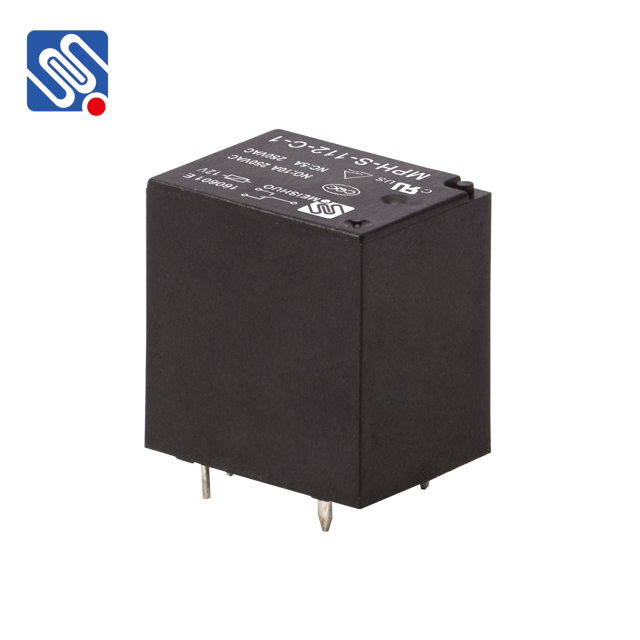comprehensive guide to relay functional testing
Release time:2025-09-24 01:12:56
Relay functional testing is an essential process in ensuring the proper operation and reliability of relay systems, which are widely used in various industries for switching and controlling electrical circuits. Whether in industrial automation, automotive applications, or power distribution systems, relays play a crucial role in controlling high-voltage circuits with low-voltage signals. As such, understanding the functionality of relays and performing thorough testing is vital for maintaining the integrity of electrical systems. This article explores the key aspects of relay functional testing, methods involved, and why it is critical for safe and efficient operation.

What is Relay Functional Testing? Relay functional testing is a series of diagnostic procedures designed to verify that a relay performs its intended functions under various operating conditions. The primary goal is to ensure that the relay responds correctly to control signals, accurately switching its contacts and enduring the mechanical and electrical stresses it might encounter throughout its operational lifespan. Key Aspects of Relay Functional Testing There are several critical tests involved in evaluating a relay’s functionality. These tests help identify potential failure points and ensure that relays operate as per the design specifications. Below are the major categories of relay testing:

